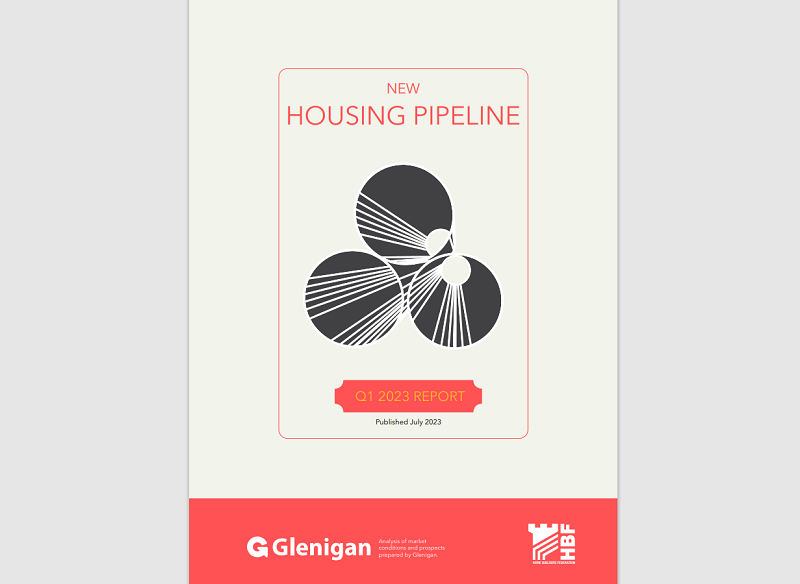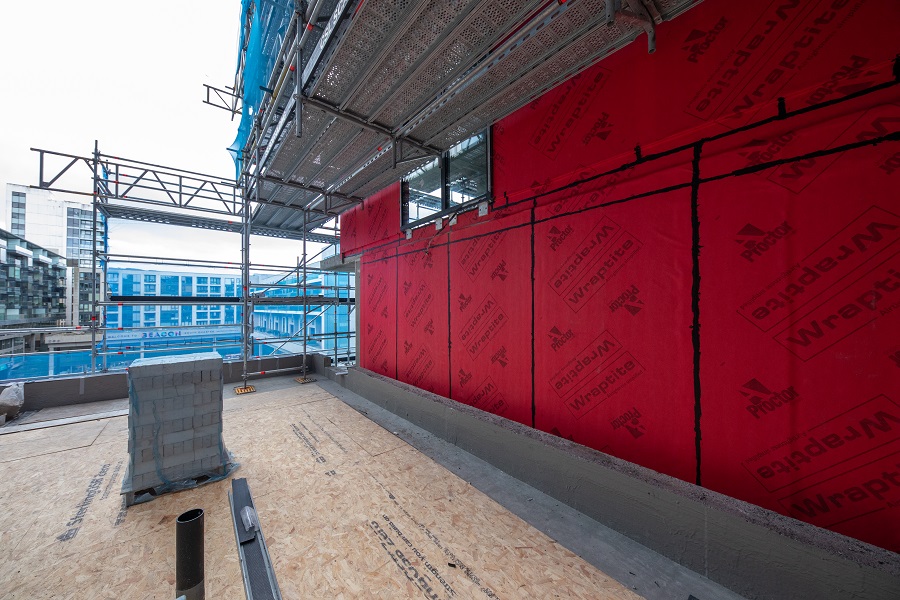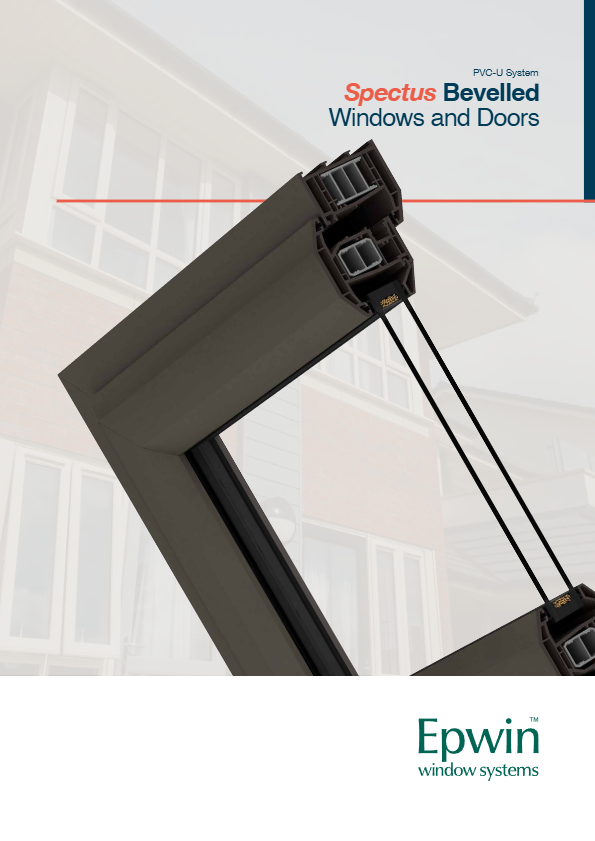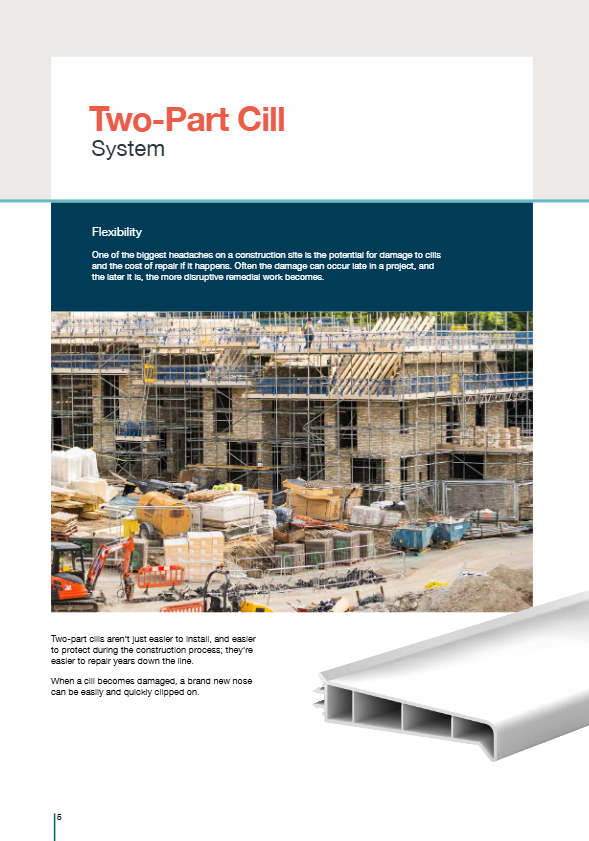The latest HBF Housing Pipeline report shows the number of planning permissions being granted across England is continuing to nosedive to new record lows.
This follows Government proposals to weaken planning rules, in response to lobbying by the NIMBY wing of the Conservative party, which has resulted in 58 local authorities withdrawing or pausing local housing plans.
The Housing Pipeline report, based on data supplied by Glenigan, comes on the fourth anniversary of Natural England’s first moratorium on house building in a clumsy attempt to address high phosphate and nitrate levels in rivers. Since then, amidst a deepening housing crisis, bans on development have been imposed on 74 of England’s local authority areas
New figures show the Natural England’s response to the nutrient neutrality issue is now holding up an estimated 145,000 new homes. This is despite the Government quango’s own admission that ‘the risk from new homes is very small’ and Government’s own research finding agricultural run-off and the inaction of water companies to maintain infrastructure to be the overwhelming causes of the nutrient neutrality issue.

The Home Builders Federation has been urging ministers to step in and agree a solution for four years, but despite the increasing need for quality, energy efficient housing and the threat to SME businesses, they have failed to intervene. Government action must be taken now to alleviate the impact on home builders so they can deliver much-needed housing.
HBF warned earlier this year that if unaddressed, the Government’s anti-development approach to planning and nutrient neutrality could see housing supply halve to around 120,000 homes a year. The latest figures in its Housing Pipeline report prove this scenario to be increasingly likely.
The Housing Pipeline Report reveals the downward trend in planning permission approvals seen in 2022 has continued into the first quarter of 2023. The number of housing projects granted planning permission in Q1 2023 was the lowest quarterly figure on record, with 3,037 housing projects granted planning permission. This is a 20% decline on figures from the previous year and 11% down from the final quarter of 2022, despite the number of projects approved over the course of 2022 already at the lowest level since the data set was started in 2006.
The number of units approved during Q1 2023 fell by 24% compared with the same quarter a year earlier and 17% less than the previous quarter. In England, the number of new homes approved was the lowest Q1 figure since 2014. Affordable Housing-led developments and small sites saw the greatest drop, with a 41% drop in permissions for Affordable-led schemes compared to the same quarter last year and the lowest number recorded for small sites permissioned since the dataset began in 2006.
Stewart Baseley, Executive Chairman of the Home Builders Federation says: “Despite the fact we face an acute housing crisis, the Government’s policy approach continues to drive housing supply down. There is now clear evidence that planning permissions are plummeting, a direct result of the Governments capitulation to the NIMBY lobby on planning.
“Over the last four years Ministers have failed to intervene on Natural England’s disproportionate ban on new homes, which disregards the findings of government’s own evidence and represents a major misdirection of effort and resources.
“Whilst ministers prevaricate, housing supply is tumbling and the consequences are becoming ever clearer for young people in need of decent housing and builders’ jobs.”
Natural England’s first moratorium on house building was imposed in June 2019. Since then, bans on new builds have spread to over a quarter of England’s local authority areas, affecting around 145,000 homes across 74 local authority areas from Cornwall to the Tees Valley, and a further 41,000 fewer homes will be built each year until solutions are found.
The two main causes of nutrient-related pollution of rivers are run-off from agricultural activities and the failure of water companies to maintain infrastructure to deal with nutrients from other land uses. It is estimated that all existing development, including residential, commercial and the rest of the built environment, contributes less than 5% towards the phosphate and nitrate deposits in our rivers – meaning that preventing the occupation of homes will make little difference in helping to improve water quality. At the same time, government has reversed a plan to reduce the use of high nutrient fertilisers by farmers so pollution by farming will carry on.
Meanwhile, at the same time that Natural England is blocking desperately-needed new homes, planning permissions continue to be granted for new agricultural plants, including 'Intensive Poultry Units’ proven to be a major contributor of nutrients.
To continue building, house builders need to demonstrate how additional nutrient loads will be avoided or mitigated. This approach is called 'nutrient neutrality'. The government’s preferred means of providing mitigation is through nature-based solutions. This requires house builders or local councils to buy farmland and remove this from production in order to reduce nutrient-related run-off. House builders and local authorities have been forced into buying farmland in an effort to unlock new housing sites and keep staff employed. It is unclear what the implications are for the future of food production in this country if this remains the government’s principal means of providing mitigation.
Under Natural England’s recommended solution, 30,147 acres of farmland[4] would need to be taken out of operation for planning permission to be granted on the 145k homes currently blocked. That’s the equivalent of more than 17,000 football pitches, which is enough land for 120,000 sheep to graze or 61,000 tonnes of wheat to be produced – generating enough crop for almost 35million boxes of Weetabix.
In addition to the social impact of reduced housing supply, this disproportionate intervention by Natural England to block new homes is having a huge economic impact. House building supports more than around 800,000 jobs, generating around £40bn in economic activity each year and contributing around £7bn per year in wider community and infrastructure benefits.




















